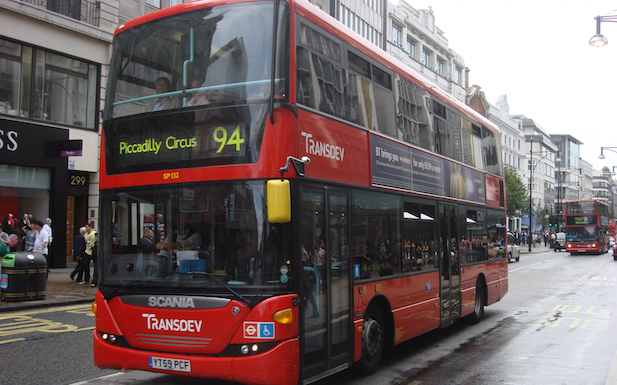O-RAN is moving but NTT Docomo might get you there faster
Five key European mobile operators have described how they intend to help Open Ran (O-RAN) sustainable. However Japanese companies such as Rakuten and NTT Docomo seem to be operating a much quicker service to Open RAN.
Deutsche Telekom (DT), Orange, Telefónica, Telecom Italia (TIM) and Vodafone have published their update to the original Open RAN Technical Priorities release dated Juned 2021.
Open RAN Technical Priorities Release 2 is the result of collaboration after a memorandum of understanding signed by the five telcos.
A little bit of history
Release 1 outlined the where and how questions related to building a multi-vendor radio access network (RAN), namely the ‘scenarios and technical requirements for each of the building blocks’.
Release 2 builds on these by examine the intelligence, orchestration, transport and cloud infrastructure questions. But is the end result, a fully automated and interoperable Open RAN system, any closer as the hyperscalers go thundering into the distance?
Meanwhile, Release 2 discuses energy efficiency goals and targets to support sustainable Open RAN deployments. “It is expected that Open RAN networks will gradually become more energy efficient than traditional RAN,” says the O-RAN statement, which anticipates that in future it will be “benefiting from Open RAN concepts such as cloudification, disaggregation and native AI”.
“The overall objective is to promote a fast pace for the development of competitive Open RAN solutions in Europe, across other regions and ultimately accelerate the global adoption of the technology. These requirements will evolve over time following the progress of Open RAN standardisation and market development of Open RAN solutions.”
The full documents are available here.
The O-RAN update comes in the same week that NTT Docomo outlined its Open RAN Ecosystem (OREC) scheme and the opening of a shared lab for remote Open RAN testing.



